1. Cash Accounting
- Definition: Cash accounting records transactions when actual cash changes hands. In other words, revenue is recognized when received, and expenses are recorded when paid.
- Simplicity: Cash accounting is straightforward and easy to understand. Property managers can track income and expenses based on actual cash flow.
- Common Use: Property managers often prefer cash accounting due to its simplicity and practicality. It aligns with the day-to-day operations of rent collection and bill payments.
- Limitations:
- Timing Mismatch: It doesn’t account for revenue or expenses until the actual cash transaction occurs. This can lead to timing discrepancies.
- Incomplete Picture: Cash accounting may not reflect long-term financial health accurately.
2. Accrual Accounting
- Definition: Accrual accounting recognizes revenue when earned (regardless of cash receipt) and expenses when incurred (regardless of cash payment).
- Complexity: Accrual accounting provides a more comprehensive view of financial performance but involves complex rules.
- Common Use: While accrual accounting is common in many industries, property management often leans toward cash accounting.
- Benefits:
- Accurate Matching: It aligns revenue and related expenses, providing a holistic picture.
- Long-Term View: Accrual accounting considers future obligations and income.
- Challenges:
- Deferred Revenue: Income may be recognized before cash is received (e.g., prepaid rent).
- Unpaid Bills: Expenses may be recorded before actual payment (e.g., utility bills).
Why Property Managers Choose Cash Accounting
- Operational Alignment: Property managers deal with rent collection, vendor payments, and maintenance costs daily. Cash accounting mirrors these operational realities.
- Simplicity: Property management involves a high volume of transactions—rent from tenants, maintenance expenses, utility bills, etc. Cash accounting simplifies tracking these frequent movements.
- Timeliness: Property managers need real-time insights. Cash accounting provides immediate visibility into cash flow.
Why Specialized Firms Matter
- Expertise: Property management accounting requires specialized knowledge. Firms like Hawk Operations, Inc. understand the nuances specific to this industry.
- Handling Volume: The sheer volume of transactions demands expertise in efficient data entry, reconciliation, and reporting.
- Navigating Challenges: Specialized firms anticipate property-specific challenges (e.g., security deposits, tenant turnover).
- Task Management System: Hawk Operations, Inc. employs a unique task management system tailored for property management accounting.
- Efficiency: Streamlined processes ensure accurate and timely financial reporting.
- Risk Mitigation: Detecting hidden negative balances, reconciling trust accounts, and managing cash flow become seamless.
Conclusion
Property managers juggle numerous financial tasks, and cash accounting suits their dynamic environment. However, partnering with a specialized firm ensures precision, efficiency, and compliance. At Hawk Operations, Inc., we’re committed to maintaining your property’s financial health. Reach out to us for expert guidance and seamless accounting solutions! 🏢💼
For property management accounting that goes beyond the basics, choose Hawk Operations, Inc. Our specialized team understands the intricacies of property finances, ensuring accurate reporting and efficient management. Contact us today to elevate your property management experience! 📊🔍






